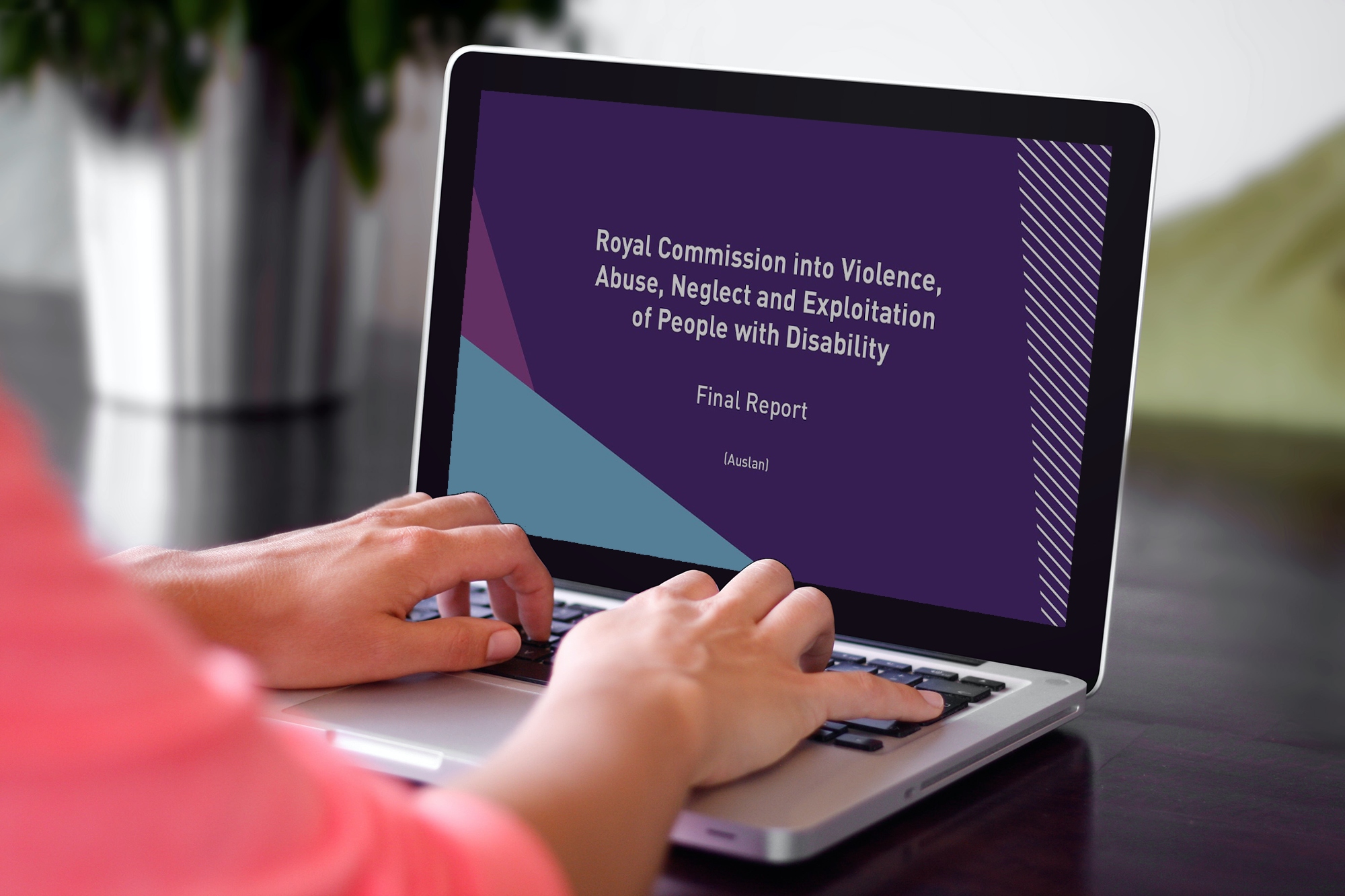The Aged Care Quality and Safety Commission announced recently that it has expanded its processes in relation to responding to compulsory reports.
Under the Aged Care Act 1991 (Cth), Aged Care providers are required to report unexplained absences and reportable assaults to both police and the Commission within 24 hours of the incident occurring. From March 1, 2020 the Commission will be looking more closely at these compulsory reports, and this may include chasing up a provider to assess the provider’s investigation and response to incidents. For this reason, it is important that Aged Care providers do their best to ensure their compulsory reports satisfy all of the requirements as outlined by the Commission.
Providers may also be asked by the Commission to provide additional evidence of improvements to systems and processes in response to incidents. Improvements may include staff training and amendments to care plans or behaviour charts. In some cases, if the Commission deems necessary, a site visit will be conducted, which may involve staff and resident interviews.
What should providers do?
Governance and policy
Providers should aim to implement policies and procedures that facilitate a culture of open reporting. Policies and procedures should outline the appropriate reporting steps to take, following an allegation or suspicion of reportable assault or unexplained absence. Policies should also contain guidance on investigating and recording incidents.
Staff training
Providers need to ensure that all care staff understand what constitutes a reportable assault or an unexplained absence, along with the reporting processes to follow if they believe such an incident has occurred. Providers should inform staff of the protections in place for reporting, and the circumstances in which they would qualify for protection.
Staff should also understand that they have the option to report directly to the Commission if they are concerned about anonymity.
Record keeping
Providers should maintain a register containing the details of all reportable assaults and unexplained absences, which can be provided to the Commission upon request.
Records must include:
- The date an allegation was made, or when the provider began to suspect a reportable assault occurred.
- A brief description of the allegation or suspicion.
- Information about whether the incident was reported to police and the Commission. If the incident was not reported, record the reasoning behind that.
- Details of incident investigations, if undertaken by the provider.
Some things to remember
- Very specific circumstances excluded, approved providers of residential aged care must report every allegation or suspicion of a reportable assault.
- Reports must be made to both the police and the Commission within 24 hours of the allegation being made, or from the time the provider starts to suspect that a reportable assault occurred.
- The identity of any staff member who has made a disclosure must be protected, and the staff member must be protected from victimisation or retaliatory action.
- The Commission may take compliance action against approved providers if they fail to meet compulsory reporting requirements.
- The Commission actively monitors compliance with compulsory reporting requirements, and from March 1, 2020 has expanded its monitoring efforts in responding to and investigating compulsory report processes of providers.
How BNG can help you to prepare
With the Aged Care Commission more closely monitoring incident reports, it’s a good reminder to providers to review their incident report templates and policies. BNG has several resources that can assist organisations with reporting incidents:
- Template: incident report template
- Template: incident register
- Template: incident investigation template
- Policy: incident management procedures
Want to know more?
To access these resources as well as hundreds more, click the button to the right!


